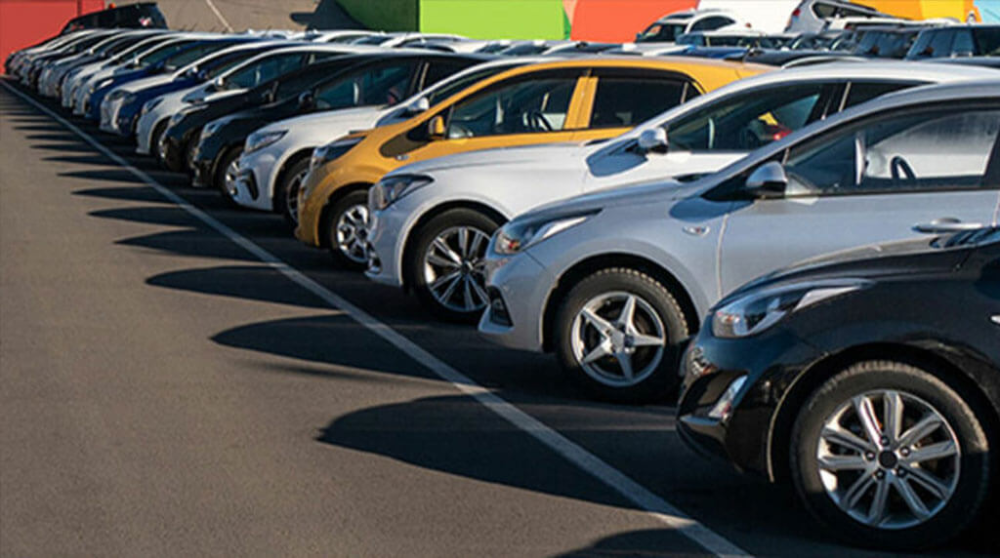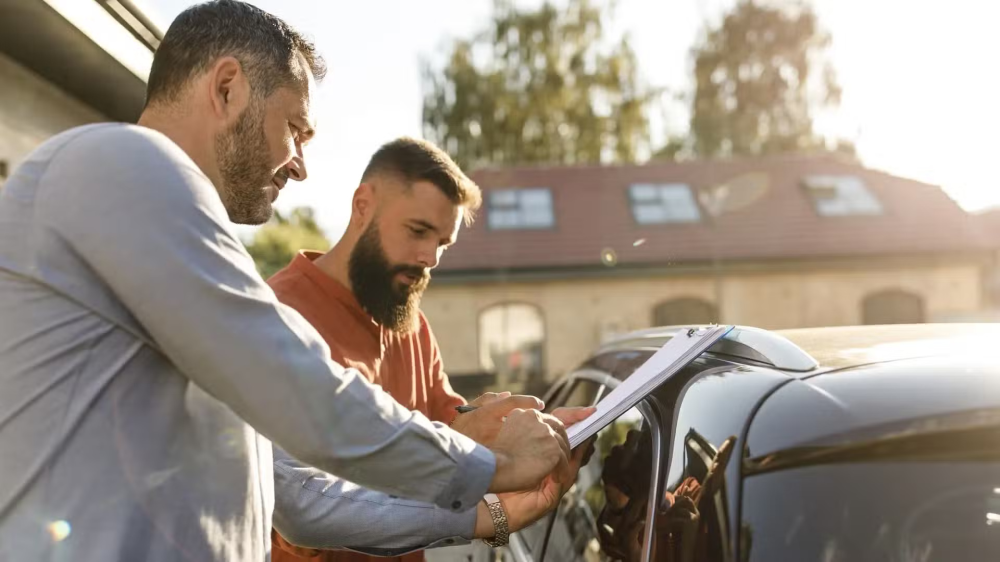
Consumer Rights When Buying a Used Car in Australia
When you're on the lookout for a used car, knowing your consumer rights when buying a used car is key to making a smart and secure purchase. Whether you're shopping through a dealer or buying in a private sale, it’s important to understand the protections available to you under the Australian Consumer Law (ACL) and the Motor Dealers and Repairers Act 2013 (MDRA).
In this article, we’ll guide you through everything you need to know about your consumer rights so you can confidently buy a used car without the stress of hidden problems.
Buying from a Dealer: Your Rights and Protections

If you're buying a used car from a licensed motor dealer, you’re in a good position. Australian laws provide you with several protections to make sure you’re not left with a vehicle full of surprises. Let’s break down the key rights you have when buying from a dealer:
Statutory Warranties

Under the MDRA, used vehicles sold by licensed dealers are covered by statutory warranties. If your vehicle is less than 10 years old and has travelled fewer than 160,000 km, you are entitled to a statutory warranty that covers most defects in the vehicle. This includes issues like mechanical faults and major parts not functioning as they should. However, it doesn’t cover normal wear and tear on items like tyres, batteries, or upholstery.
This means that if your car breaks down due to a mechanical defect shortly after purchase, the dealer is responsible for repairing it at no cost to you, giving you peace of mind that your investment is protected.
Consumer Guarantees
In addition to statutory warranties, the Australian Consumer Law offers consumer guarantees that apply automatically when purchasing a vehicle from a dealership. These guarantees ensure that your vehicle:
- Is of acceptable quality and safe to drive.
-
Matches any description or demo model presented before the sale.
-
Is fit for any purpose that was made known to the seller before the sale (e.g., towing or off-roading).
Importantly, these guarantees cannot be excluded or waived by the dealer, even if the car is sold “as is.” If the car fails to meet these guarantees, you have the right to a repair, replacement, or refund, depending on the severity of the issue.
Vehicle Title Guarantee
Under the Motor Dealers and Repairers Act 2013, licensed dealers must also guarantee that the vehicle is free from encumbrances, meaning that no one else has any legal claim or interest in the car. This ensures that you are the rightful owner of the vehicle once you complete the purchase.
Cooling-off Periods
When buying a used car from a dealership in Australia, you may have the option of a cooling-off period, depending on where you live and how the purchase is financed. A cooling-off period gives you the chance to reconsider your decision after signing the contract, providing you with some extra peace of mind before committing fully to the purchase.
How the Cooling-Off Period Works
In most states and territories, cooling-off periods apply when the dealer arranges finance for your car or refers you to a credit provider. The cooling-off period typically lasts for between one and three business days - although Western Australia has no cooling off period - giving you a brief window to change your mind. If you decide not to proceed with the purchase, you can cancel the contract within this time frame.
To cancel the contract, you'll usually need to provide the dealership with a signed written notice of your decision. Be aware that cancelling the contract may come with a small fee, often around $250 or 2% of the car's purchase price (whichever is lower). It's always a good idea to check the specific rules in your state or territory to know exactly how the process works.
Waiving the Cooling-Off Period
In some cases, you may choose to waive the cooling-off period if you’re certain about your purchase. However, it’s important to remember that once the cooling-off period is waived, the sale becomes final, and you won’t have the option to back out without penalties.
Varying Rules Across Australia
It’s worth noting that cooling-off periods vary across Australia. While some states, like New South Wales and Victoria, offer clear cooling-off periods when purchasing a used car from a dealer, other states may not provide this option, or the rules might differ depending on the purchase method.
Understanding the cooling-off period can give you the flexibility to make sure you’re 100% confident in your decision before finalising the purchase. Always check the specific cooling-off rules that apply in your area to ensure you’re aware of your rights.
Buying from a Private Seller: What Are Your Rights?

When purchasing from a private seller, your rights are more limited. Private sales do not fall under the protections of the MDRA or the ACL, meaning there is no statutory warranty or guarantee from the seller. However, this doesn’t mean you’re left without any recourse.
While private sales offer less protection, the seller is still legally required to ensure that the vehicle has clear title, meaning it must be free from any outstanding loans or legal claims. To protect yourself, it’s recommended to conduct a Personal Property Securities Register (PPSR) check to verify that the car has no outstanding finance or encumbrances before completing the purchase.
Additionally, be aware that vehicles bought privately are sold “as is,” so it’s crucial to perform a thorough inspection or have the car checked by a mechanic before agreeing to buy. Any faults discovered after the sale are typically your responsibility to fix unless the seller has intentionally misled you about the vehicle's condition.
Dealer vs. Private Sales: What’s the Difference?
The key difference between buying from a dealer and a private seller lies in the protections offered under Australian law. Dealer purchases come with consumer guarantees and statutory warranties, offering greater peace of mind. In contrast, private sales are less regulated, meaning you must be more diligent during the buying process to avoid potential pitfalls.
Pros of Buying from a Dealer
- Statutory warranties and consumer guarantees apply.
-
Guaranteed clear title of the vehicle.
-
Ability to return or have repairs done for major defects.
Cons of Buying from a Private Seller
- No statutory warranty or consumer guarantees.
-
“As is” condition means limited recourse for faults.
-
Increased risk if the vehicle’s history is unclear.
What to Do If Something Goes Wrong
If you encounter an issue with your used car purchase from a dealer, your first step is to contact the dealership and explain the problem. Under the ACL, dealers are required to provide a remedy (repair, replacement, or refund) if the vehicle fails to meet the consumer guarantees. If the dealer refuses to cooperate, you can escalate your complaint to your state’s consumer protection agency or seek legal advice.
For private sales, your options are more limited. If the seller provided misleading information about the vehicle, you may be able to take legal action, but this can be a costly and time-consuming process. Performing due diligence before the sale is key to avoiding these scenarios.
Trust OnlyCars.com.au For Your Next Car
Understanding your consumer rights when buying a used car in Australia can help you make a more informed and confident purchase. Whether you're buying from a dealer or privately, knowing what protections are in place ensures that you can drive away with peace of mind.
With thousands of listing from verified, private sellers, OnlyCars takes the risk out of buying. If you're on the hunt for a used car, explore our range of used cars for sale and start your journey to ownership with OnlyCars.
Once you've found the right car, the next step is sorting out car finance that actually works for your budget. Credit One is Australia's best-reviewed finance broker, with 3,000+ five-star Google reviews from customers who've been through the process. Check out Credit One reviews to see what people say, or head straight to the loan repayment calculator to see what the numbers look like.